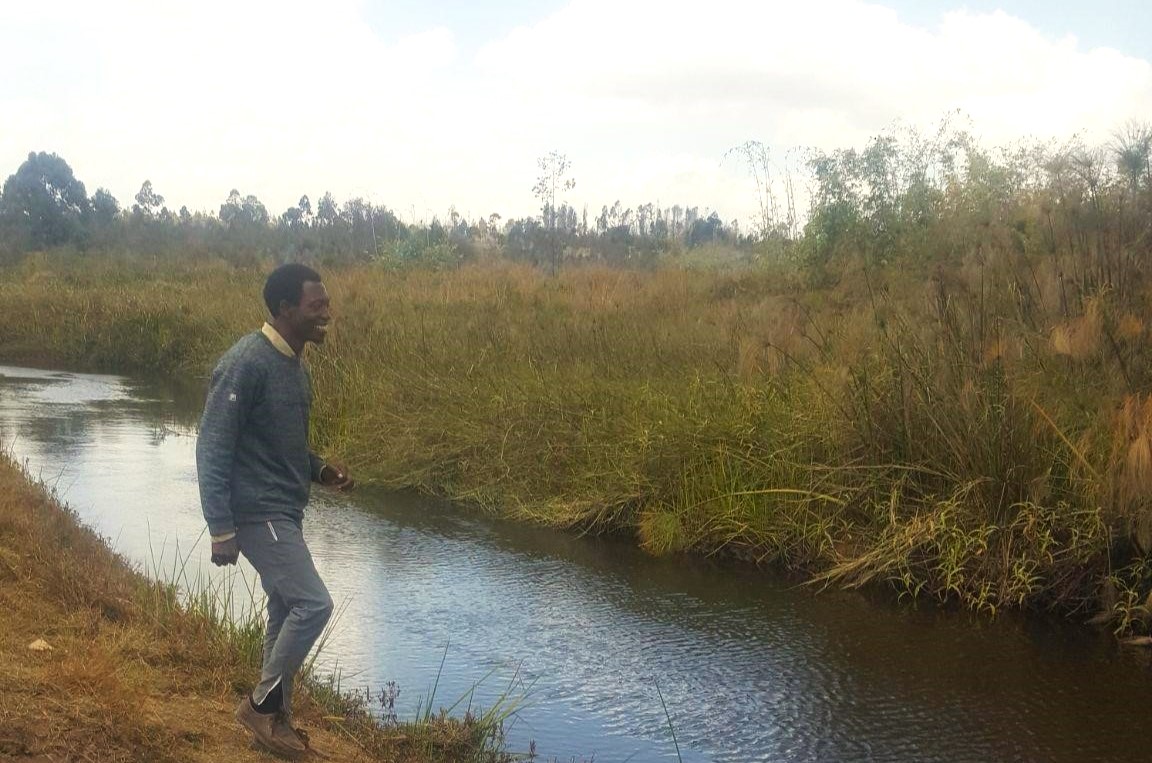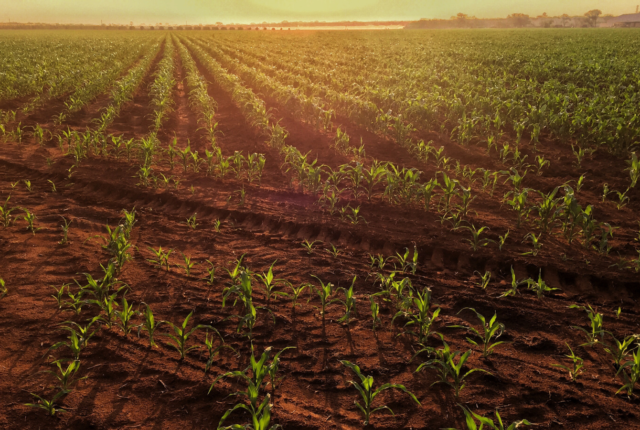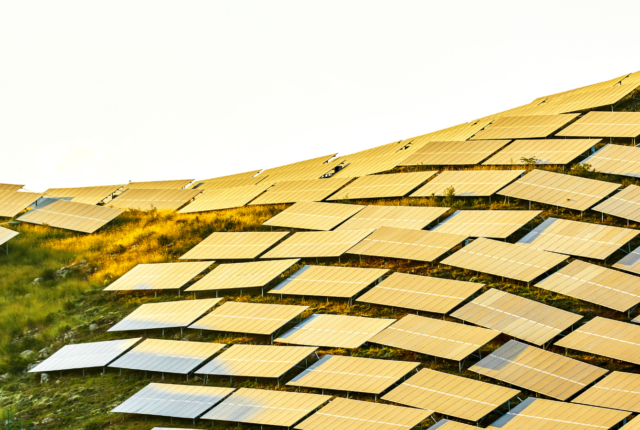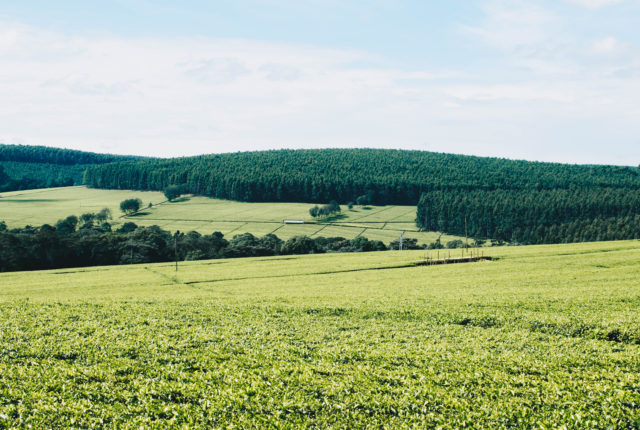By Dauson Msumange, BSC.ENC
My name is Dauson Msumange, and I am from Tanzania, East Africa. I was born from a very poor family, but after some struggle I successfully obtained a bachelor’s degree. The major income generating activities of my family and neighboring communities are subsistence crop farming, animal husbandry, charcoal burning and small-scale fishing. During holidays, I used to move outside village areas looking for pasture to feed cattle. There, I interacted with nature and was inspired by naturally growing fruit trees (Uapaca kirkiana and figs), wild animals (hares & long-tailed meadowlark leistes loyca –farm birds) and water streams which are currently disappearing.
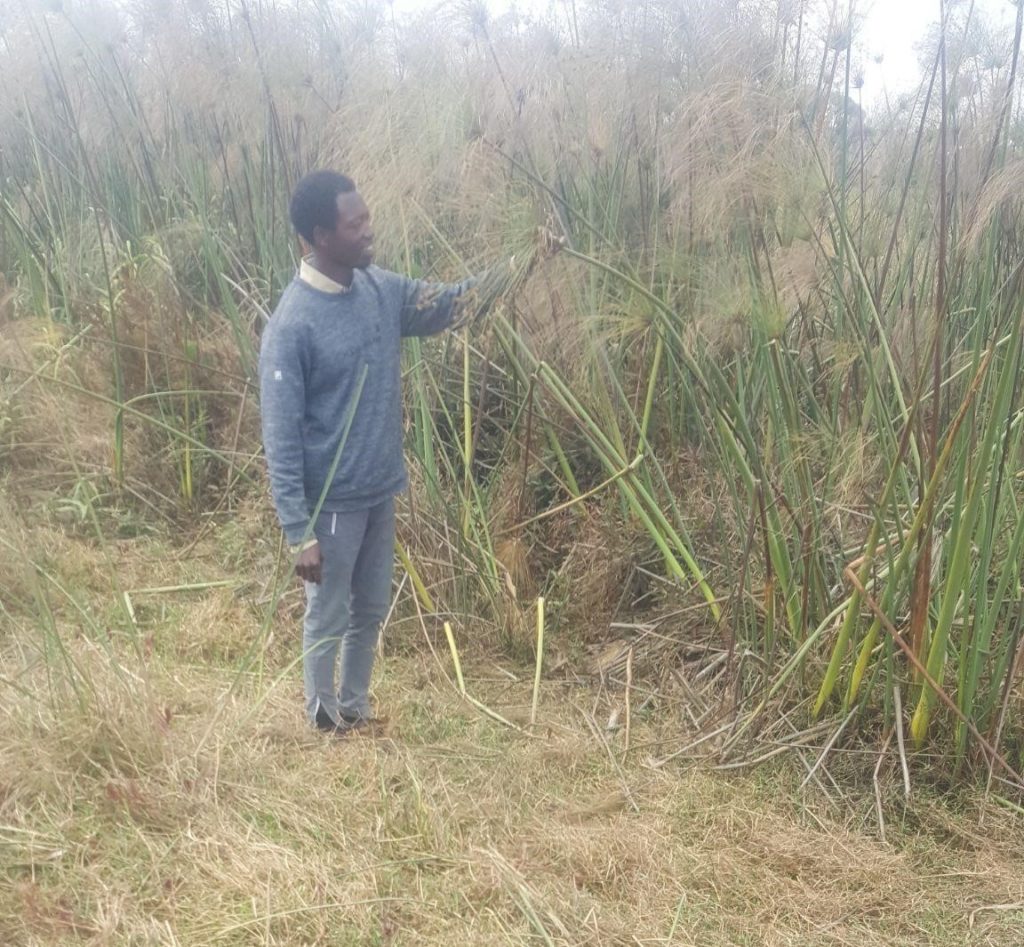
Conservation education was rare to the majority of community members, which was an influential factor for me to study Geography, Chemistry and Biology in my secondary education. To get further skills and experience in conservation as well as sustainability principles, I received a Bachelor of Science in Ecotourism and Nature Conservation at University level, specializing in natural resources conservation.
Minerals, water and biodiversity resources are haphazardly exploited for income generating activities and land clearance for settlement as compounded by drastic increase in population growth. While some fauna species are under threat due to habitat fragmentation and human intervention in eco-corridors that exacerbated human-wildlife conflict[1], indigenous tree species are being replaced by fast growing alien species (eg. Black wattles) to meet the demands for poles, timber, charcoal and firewood in Tanzania.
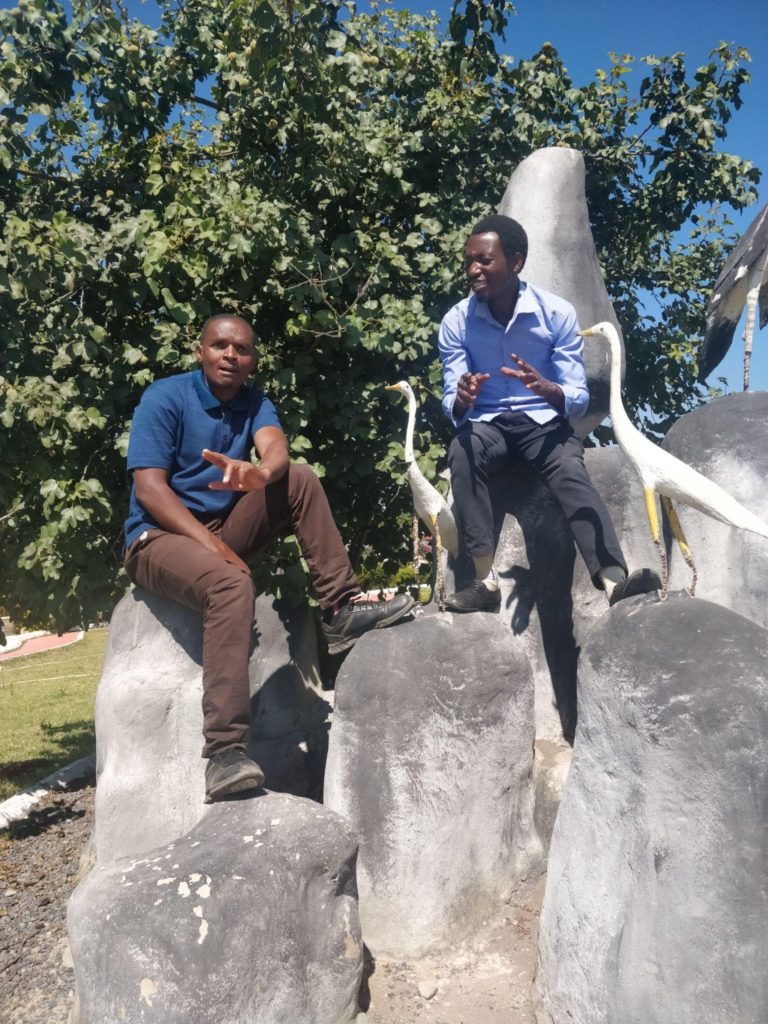
Today, minerals and biodiversity resources call for major income earning sources in the country through investing in extractive industries and tourism. Big foreign companies contract with the government in the extractive sector where there has been mistreatment and unfair benefit sharing with local communities. A good example is the impact of Barrick Gold Mines which has resulted in the massive resettlement of local communities, mere consideration in employment and torture[2]. Apart from community disparities, contracts entered by the government with investors are not made clear to communities, especially the value, length and contracting terms. This background contributed to my interest and motivation for taking the course, Natural resources for Sustainable Development when I came across it in edX.
As a fruit from my past studies and the SDG Academy Natural Resources for Sustainable Development course, I successfully registered for an organization Tanzania Eco-Tech and Conservation Hub (TEACH)[3] on August, 5th 2022, which advocates sustainable investment and exploitation of natural resources to continue tackling these problems. Further, I have taken part in the Scaling impacts workshop for the Engineering of one planet (EOP)[4] from 21st to 23rd June, 2022, where we prepared a five year plan for the transformation of the American engineering curriculum to include sustainability principles.
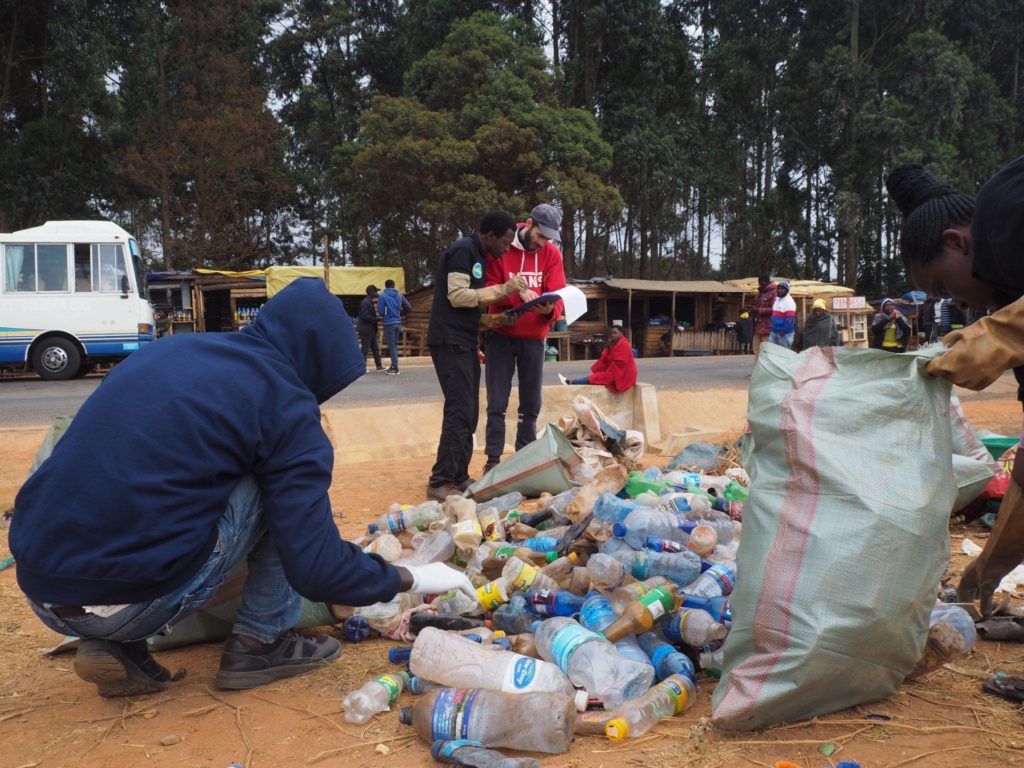
At my workplace and community level, I have been a key player in strengthening and sharing key approaches for extension and implementation of sustainable engineering and investments. Currently, I’m sharing sustainable investment and innovation on the Fishbowl challenge[5] which unites 100 Challengers from 25 countries in Europe, Africa, America and Asia to come up with the best solutions as a way forward to resolve global challenges. In this challenge, my team consists of five people who work on an Agritech venture that uses chicken feathers as a supplement for growing mushrooms.
I’m ambitious to continue to enhance natural resources conservation and investment on environmentally friendly projects.
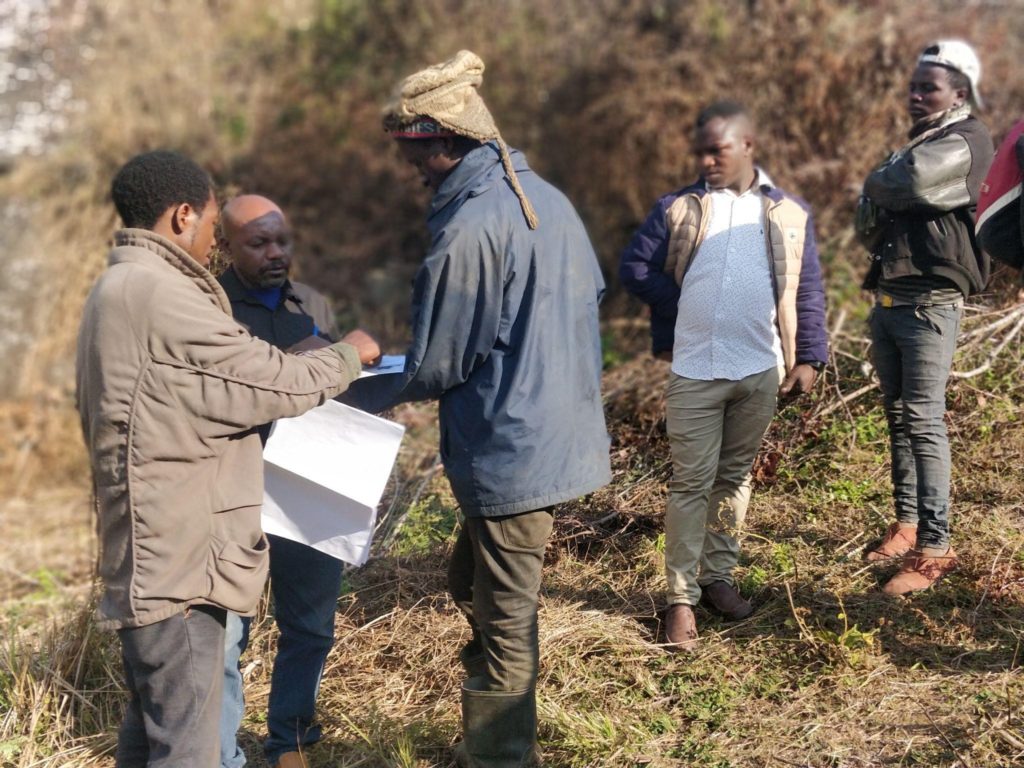
I express my sincere gratitude to edX, UNSDSN, and all facilitators who enabled this course; it is more insightful than normal sessions offered in a classroom at University or college level.
[1] Kaswamila A. (2009), Human Wildlife Conflict in Moduli District, Tanzania; International Journal of Biodiversity Science and Management (https://www.tandfonline.com/doi/pdf/10.1080/17451590903557526?needAccess=true)
[2] Walwa W. (2016), Large Scale Mining and the Rights to a Clean, Health and Safe Environment in Tanzania; African Review: A Journal of African Politics, Development and International Affairs. Vol.43. No. 2 (Avoiding the Resource Curse in East Africa) (https://www.jstor.org/stable/45341723)
[3] Tanzania Eco-tech and Conservation Hub (www.teachtanzania.org)
[4] EOP Scaling for impacts workshop (https://events.venturewell.org/eop_summer_2022/home)
[5] https://www.fishbowlchallenge.com/
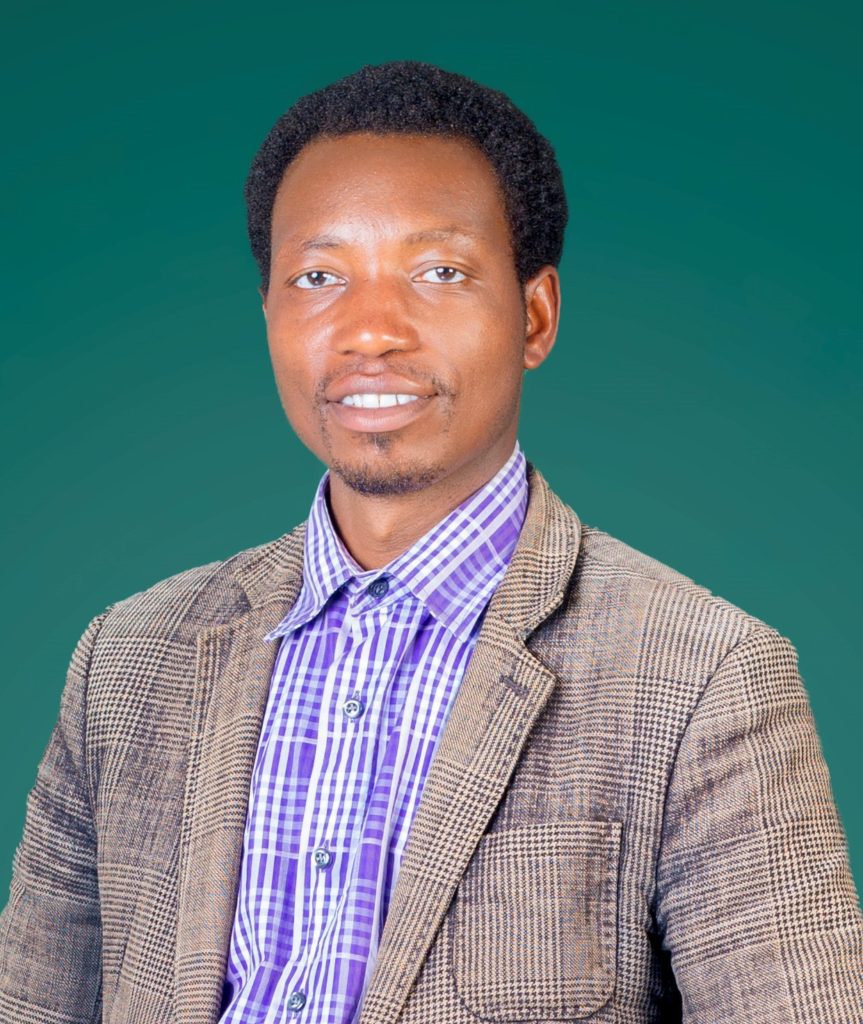
DAUSON MSUMANGE (BSC.ENC)
Dauson is a Project manager at UVINJO Group, and a Founder & Director of Tanzania Eco-Tech and Conservation Hub. He has solid experience for working in Public and private sectors, where he administers conservation and sustainable use of available resources. His interest in conservation has emanated from life history at community level, and strongly built at secondary education where he studied Chemistry, Geography and Biology, and further BSc. Ecotourism and Nature Conservation Course at University level. Currently, studying Masters of Arts in Natural Resources Assessment and Management at Open University of Tanzania.
